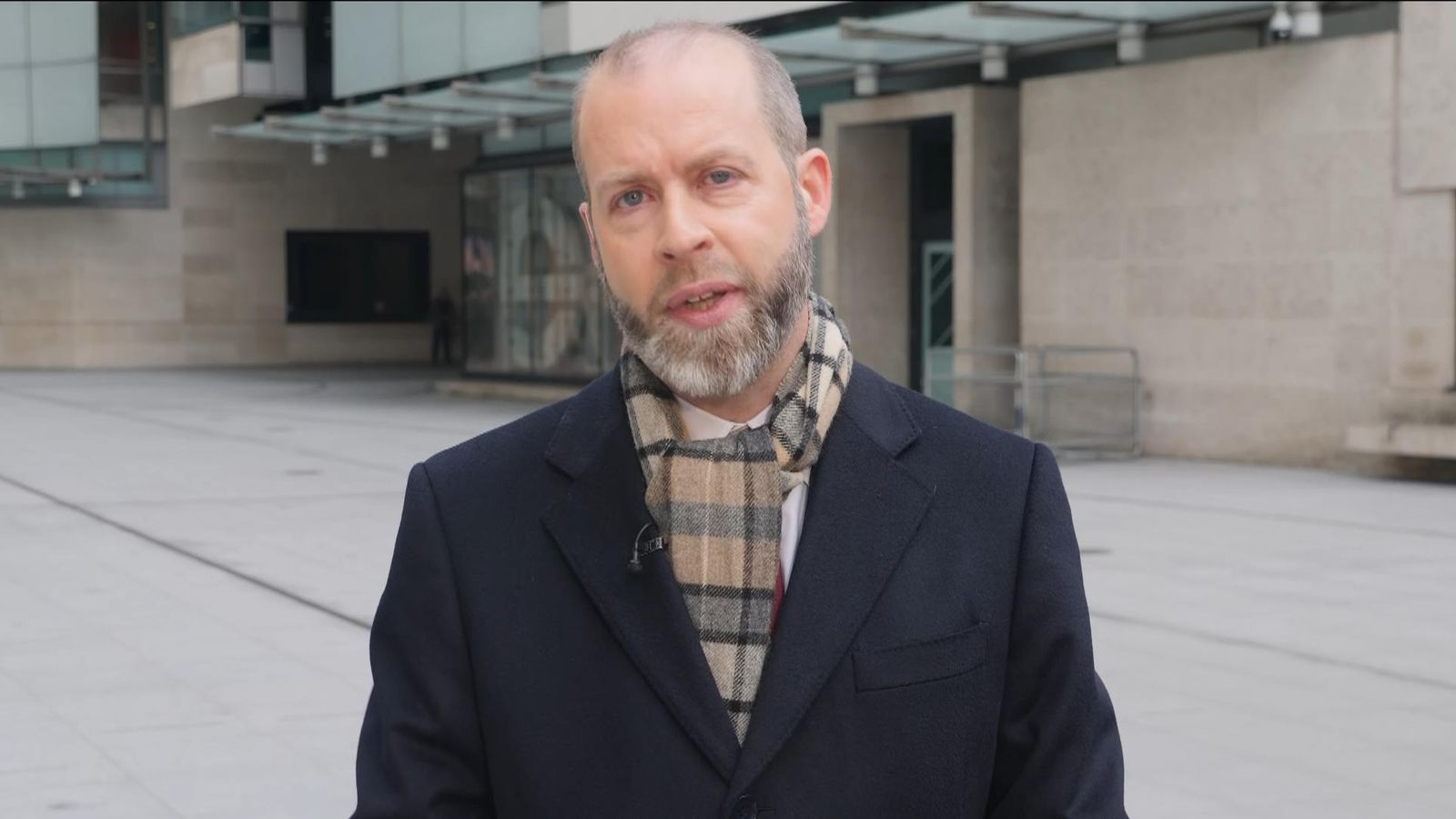Labour has said it remains “committed” to the “level of ambition” outlined in its £28bn green investment pledge as uncertainty continues to surround whether it will be watered down further or scrapped.
Shadow business secretary Jonathan Reynolds said the party aspired to achieve the promise it first made in 2021 but admitted the investment may not be met until “the latter part of the next parliament”.
Speaking to Sunday Morning with Trevor Phillips, Mr Reynolds said how much the party would spend would be determined by the “health of the economy, which is clearly in a challenging position”.
He also said Labour had its own “fiscal rules”, including that debt should fall by the end of a parliament, that the pledge would be subject to.
“So, we’re still committed to that level of ambition but we’re clear it is the fiscal rules that determine whether you can do that, and that is not because we’re limiting our ambition in that space – it’s a recognition if you don’t have that discipline, you end up with the kind of disaster we saw with Liz Truss where you’re spending more money, but it’s only that interest, rather than the investments, that you want to make.”
Politics latest: Badenoch issues warning to Tory rebels
The shadow business secretary also said the money would be sourced from a combination of public and private investment, and added: “We want to get to that level of ambition by the latter part of the next parliament.”
Under the green prosperity plan, first announced by shadow chancellor Rachel Reeves, Labour promised to invest £28bn a year until 2030 in green projects if it came to power.
The promise has emerged as a key dividing line with the Conservatives following Rishi Sunak’s decision to scale back a number of green policies, including reaching net zero by 2050 and moving the date for a ban on the sale of new petrol and diesel cars from 2030 to 2035.
Ms Reeves has already watered down the original commitment, saying last year the £28bn figure would be a target to work towards rather than a figure allocated for the plan of the first year of a Labour government.
Please use Chrome browser for a more accessible video player
However, there are some within Labour who want Sir Keir Starmer to ditch the pledge altogether as a means to stop Tory attacks going into an election that will be heavily dominated by the cost of living crisis.
Former shadow chancellor Ed Balls predicted this weekend that the Labour leader would ditch the green pledge, arguing the party should perform a “big U-turn” to halt Tory attacks, including Mr Sunak’s claim that the spending commitment amounted to a “tax grab” of working people.
“They won’t resile from the idea that that’s a way to grow some jobs. They won’t resile from the idea that you can spend now to strengthen the economy in the long term,” he told the Political Currency podcast.
“But I think they’ll have to come off this £28bn number. They’ll have to say the £28bn number is gone, that it’s ditched or else they can be open to this attack.”
Labour insisted last week that it was sticking with the plan following reports in the Sun that it was going to be dropped.
A spokesperson said at the time: “We are committed to Labour’s green prosperity plan to drive growth and create jobs, including our plan to ramp up to £28bn of annual investment in the second half of the parliament, subject to our fiscal rules.”
Read more:
Ed Conway analysis: Labour’s pledge won’t be enough
Analysis: Sign of economic limitations for an energy revolution
Laura Trott, chief secretary to the Treasury, said: “Jonathan Reynolds recommitted to Labour’s ‘2030’ promise that they say costs £28bn a year.
“But he could not say how Labour would pay for this spending spree because Labour simply don’t have a plan to pay for it.
“This would mean thousands of pounds in higher taxes for working people – tearing up the progress we’ve made on the economy and taking us back to square one.”










